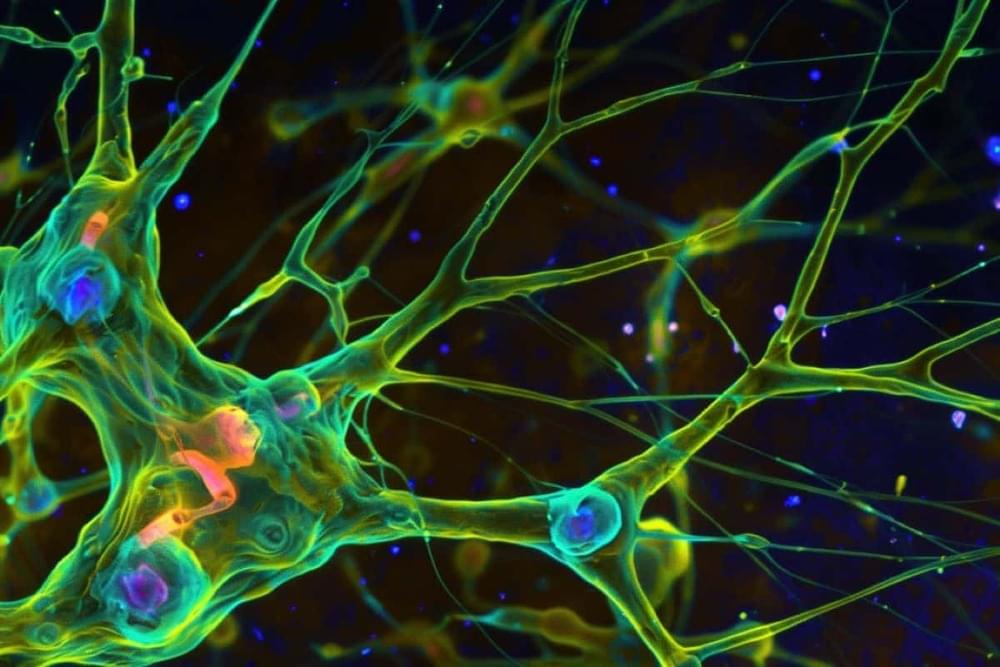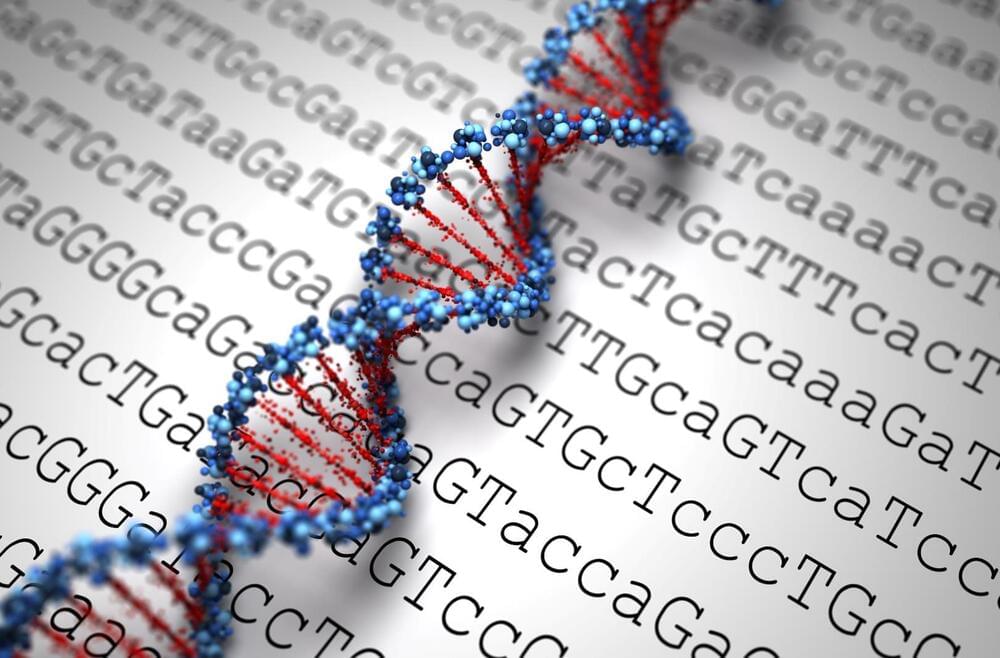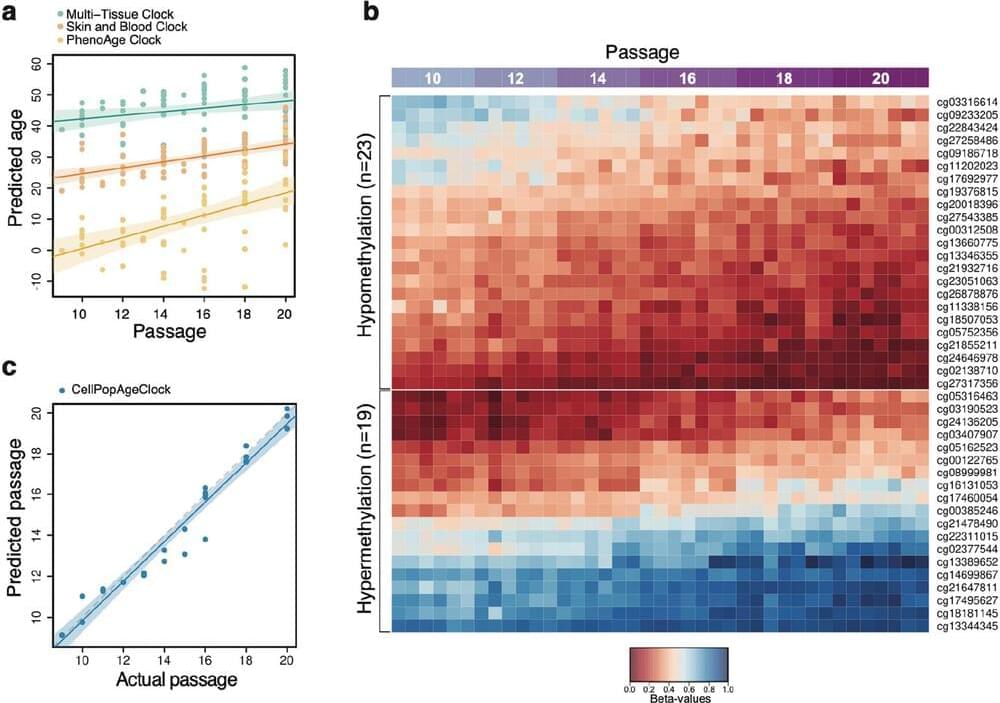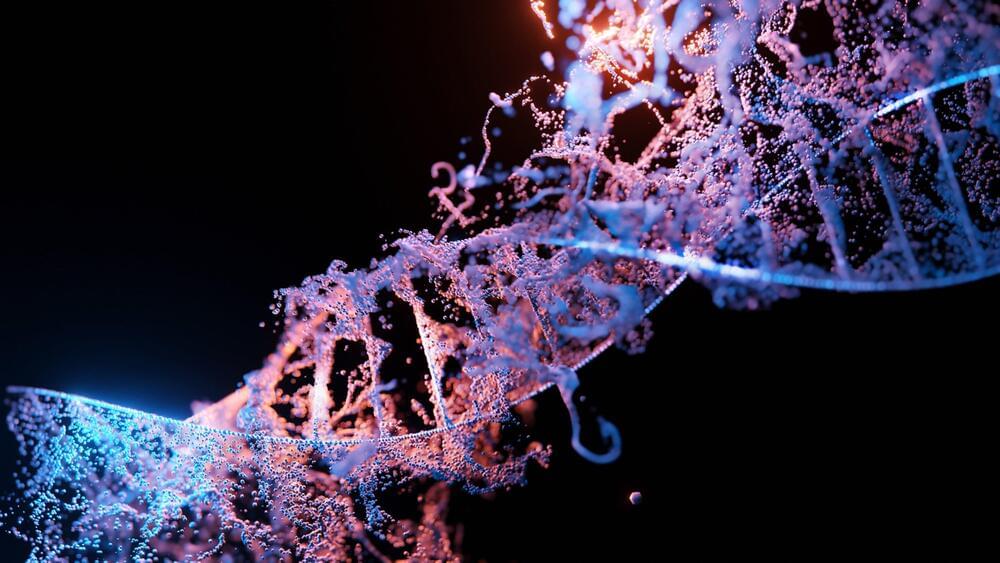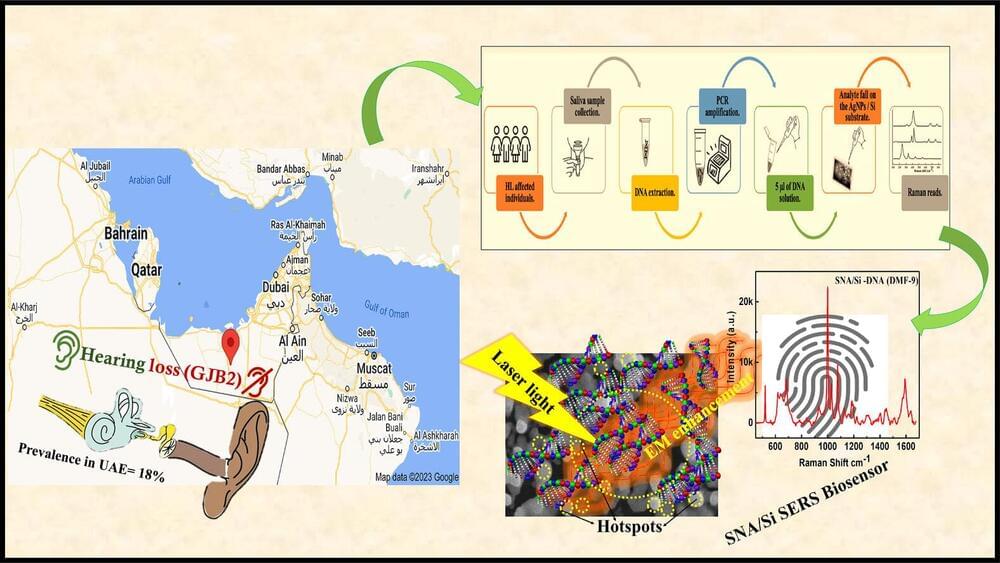In multicellular organisms, many biological pathways exhibit a curious structure, involving sets of protein variants that bind or interact with one another in a many-to-many fashion. What functions do these seemingly complicated architectures provide? And can similar architectures be useful in synthetic biology? Here, Dr. Elowitz discusses recent work in his lab that shows how many-to-many circuits can function as versatile computational devices, explore the roles these computations play in natural biological contexts, and show how many-to-many architectures can be used to design synthetic multicellular behaviors.
About Michael Elowitz.
Michael Elowitz is a Howard Hughes Medical Institute Investigator and Roscoe Gilkey Dickinson Professor of Biology and Biological Engineering at Caltech. Dr. Elowitz’s laboratory has introduced synthetic biology approaches to build and understand genetic circuits in living cells and tissues. As a graduate student with Stanislas Leibler, Elowitz developed the Repressilator, an artificial genetic clock that generates gene expression oscillations in individual E. coli cells. Since then, his lab has continued to design and build synthetic genetic circuits, bringing a “build to understand” approach to bacteria, yeast, and mammalian cells. He and his group have shown that gene expression is intrinsically stochastic, or ‘noisy’, and revealed how noise functions to enable probabilistic differentiation, time-based regulation, and other functions. Currently, Elowitz’s lab is bringing synthetic approaches to understand and program multicellular functions including multistability, cell-cell communication, epigenetic memory, and cell fate control, and to provide foundations for using biological circuits as therapeutic devices. His lab also co-develops systems such as “MEMOIR” that allows cells to record their own lineage histories and tools for RNA export, and precise gene expression. Elowitz received his PhD in Physics from Princeton University and did postdoctoral research at Rockefeller University. Honors include the HFSP Nakasone Award, MacArthur Fellowship, Presidential Early Career Award, Allen Distinguished Investigator Award, the American Academy of Arts and Sciences, and election to the National Academy of Sciences.
The Monthly Seminar on Physical Genomics is a public lecture series sponsored by the Center for Physical Genomics at Northwestern University, the Robert H. Lurie Comprehensive Cancer Center, and NIH Grants T32GM142604 and U54CA268084.
